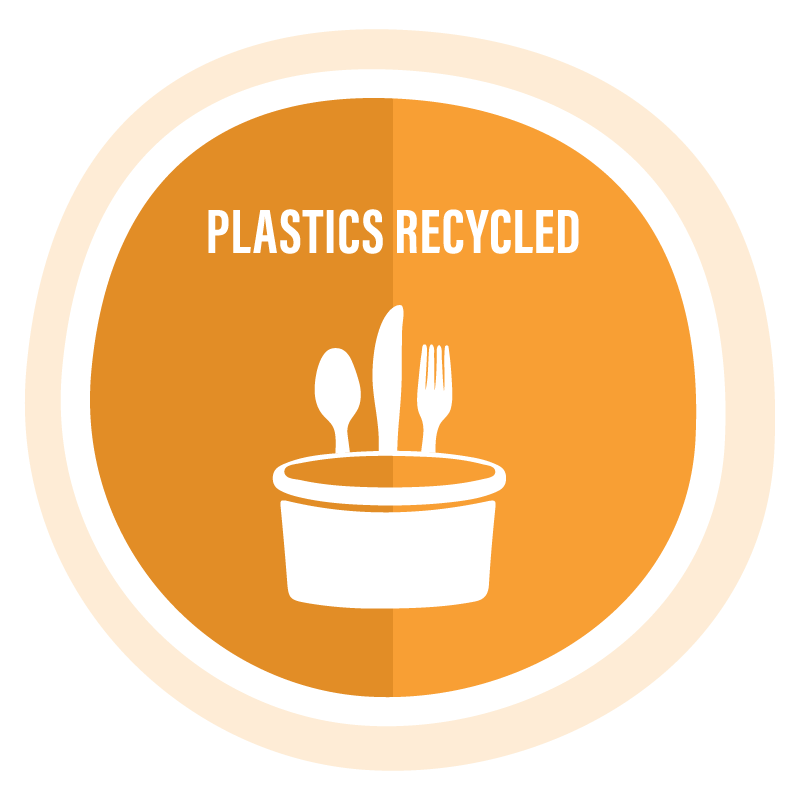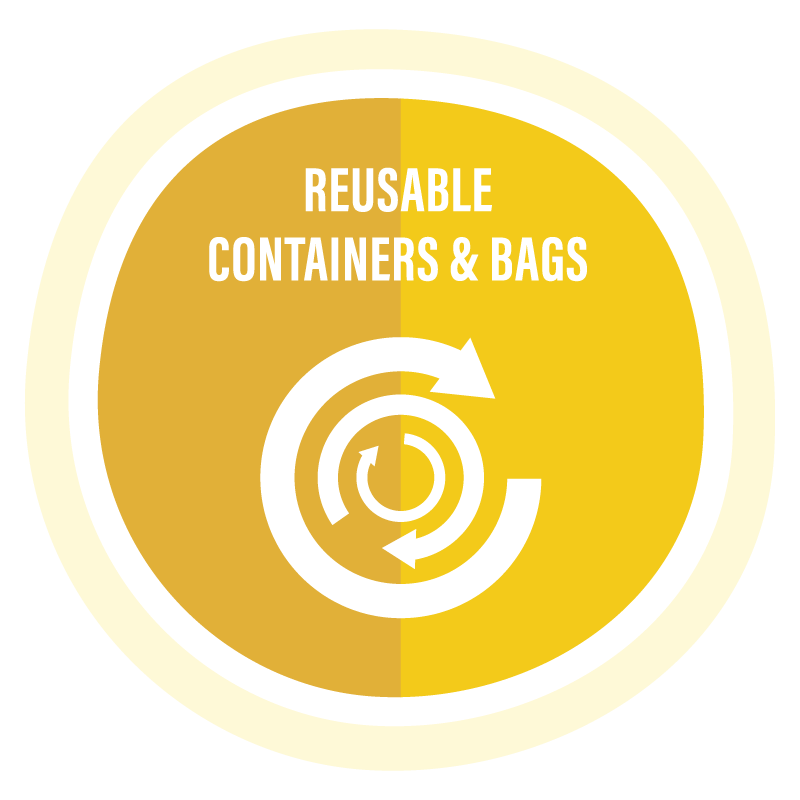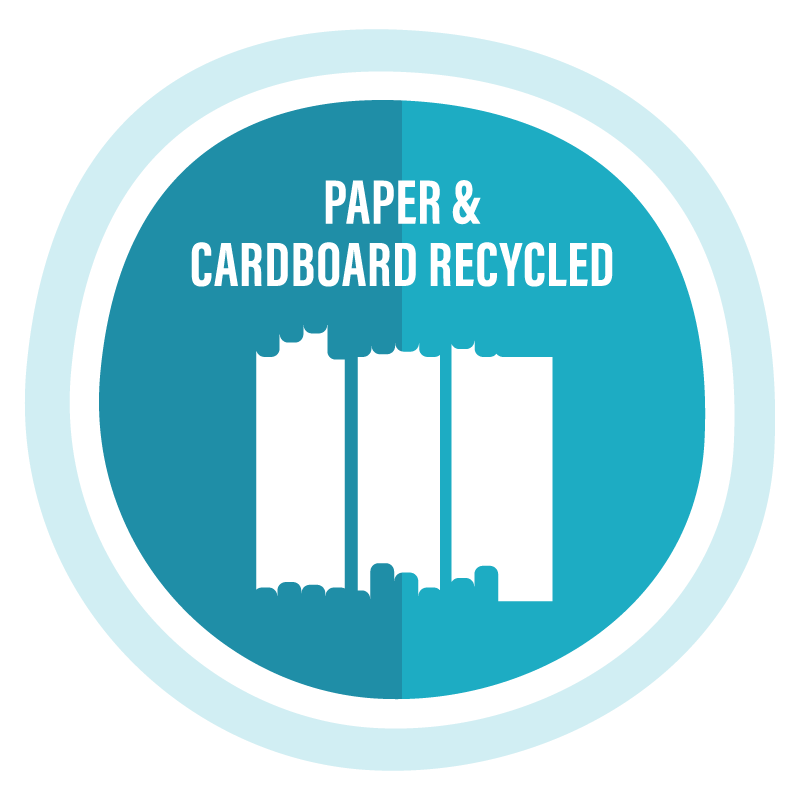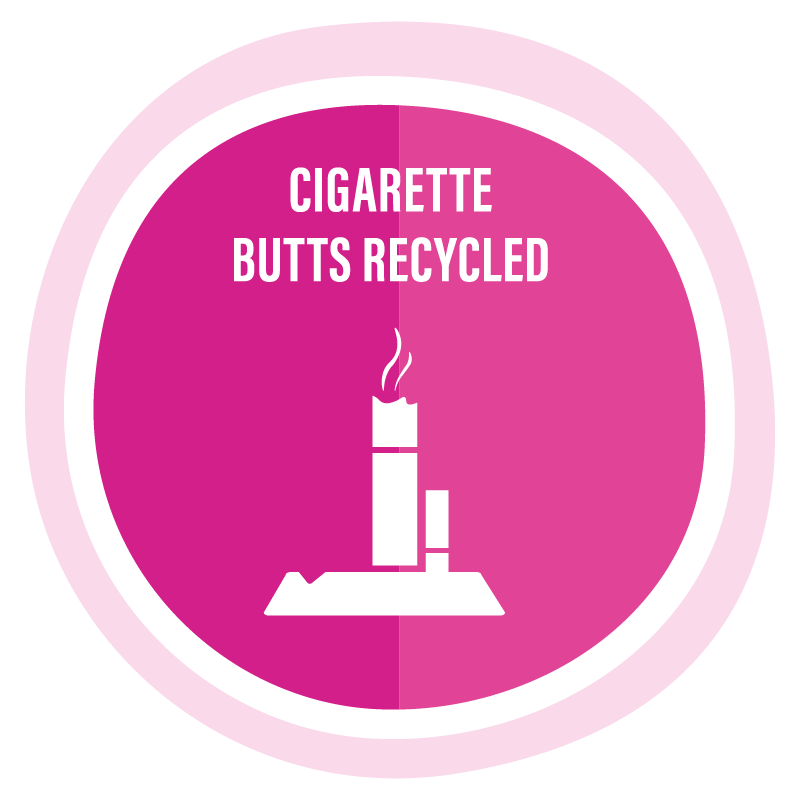A summary of our 2024 highlights

Our highlights from 2024: We took a step back to pause and reflect on 2024, and what a year our 5th year has been! On January 9 2020 Cirque du Soil picked its first buckets of food waste when we commenced our year long micro-pilot. We didn’t know our ‘nothing leaves a 5k radius’ would […]
Case Study: Cirque du Soleil Luzia Melbourne 2024

Tackling Food Waste in the Events Industry – Cirque du Soleil In an exciting collaboration, Cirque du Soil teamed up with the globally renowned Cirque du Soleil’s LUZIA show to launch a back of house initiative in Melbourne Flemington Racecourse, aimed at reducing food waste from their staff kitchens in Melbourne. This collaboration underscores both […]
Case Study: Circular Transitions Leadership Workshops

CIRCULAR TRANSITIONS LEADERSHIP WORKSHOPS est Nov 2023 Full day Circular Economy Leadership workshops for Business & Community Leaders, from hospitality, retail and professional services. The Circular Transitions Leadership workshop is a standalone face to face workshop intensive consolidating Circular Economy learning principles in an open delivery format, with the initial 4 hour workshop pilot funded […]
Case Study: Go Full Circle 2023 Program: Wrap Up Reflections
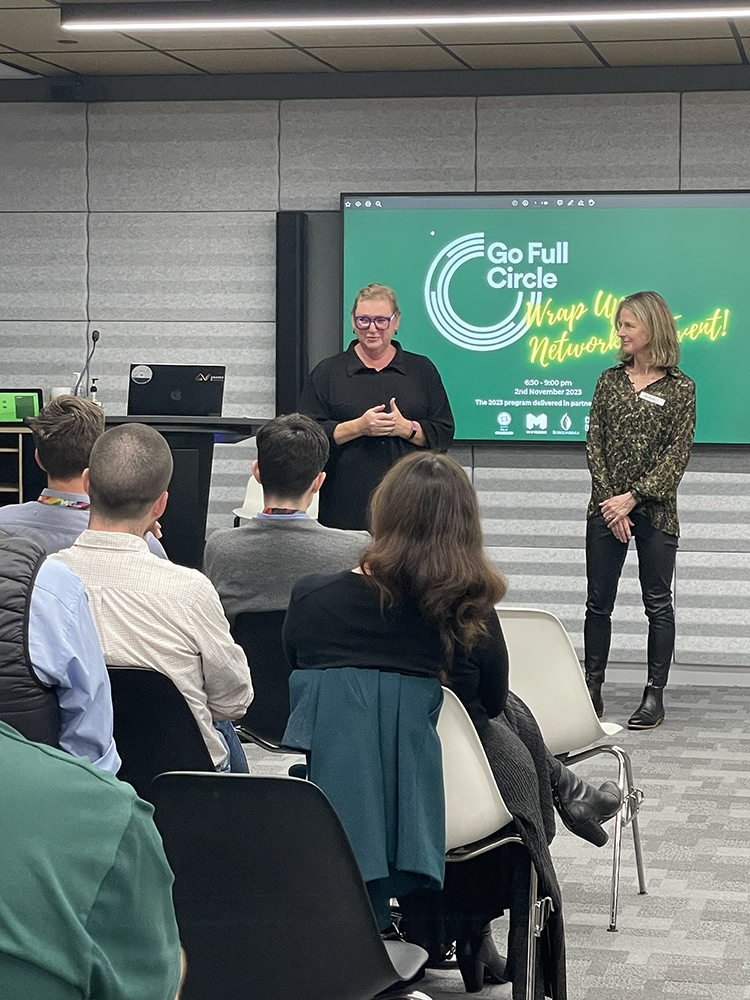
Cirque du Soil x Go Full Circle 2023 program: Wrap up reflections In the vibrant heart of Melbourne sometime in 2023, a quiet revolution across councils and business traders were championed by the Go Full Circle Program. Now in its second successful year, this transformative initiative is reshaping the narrative for local SME businesses, guiding […]
